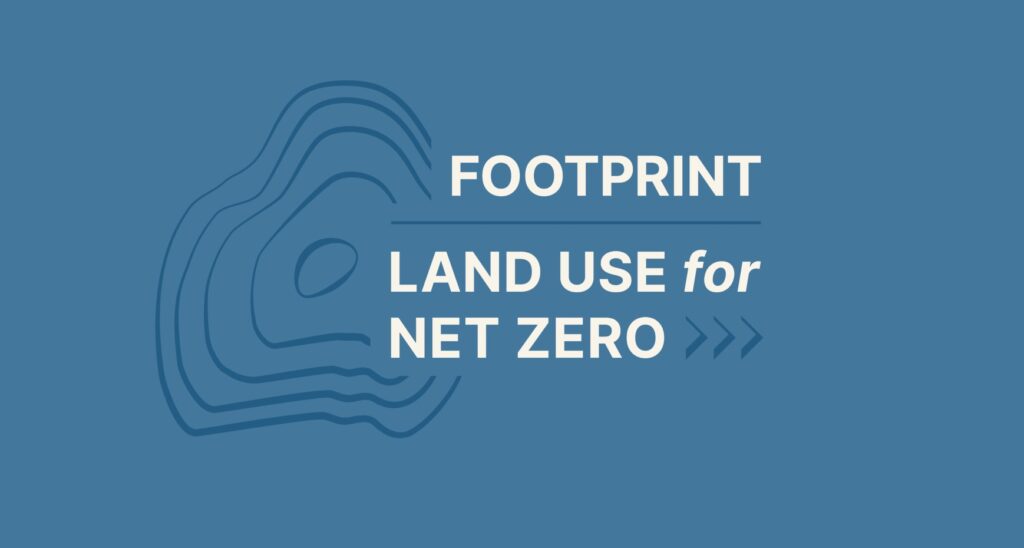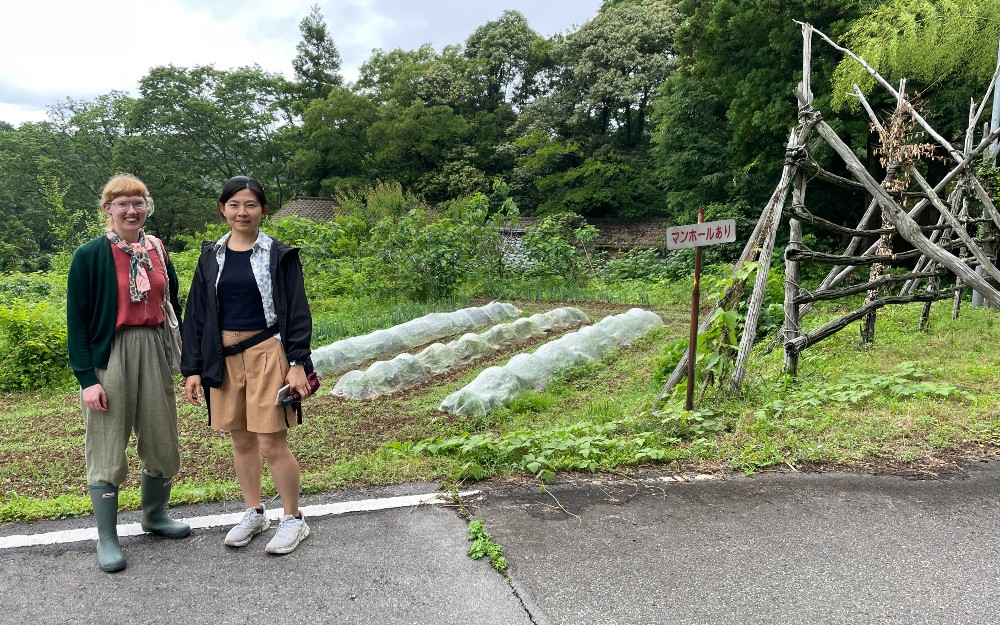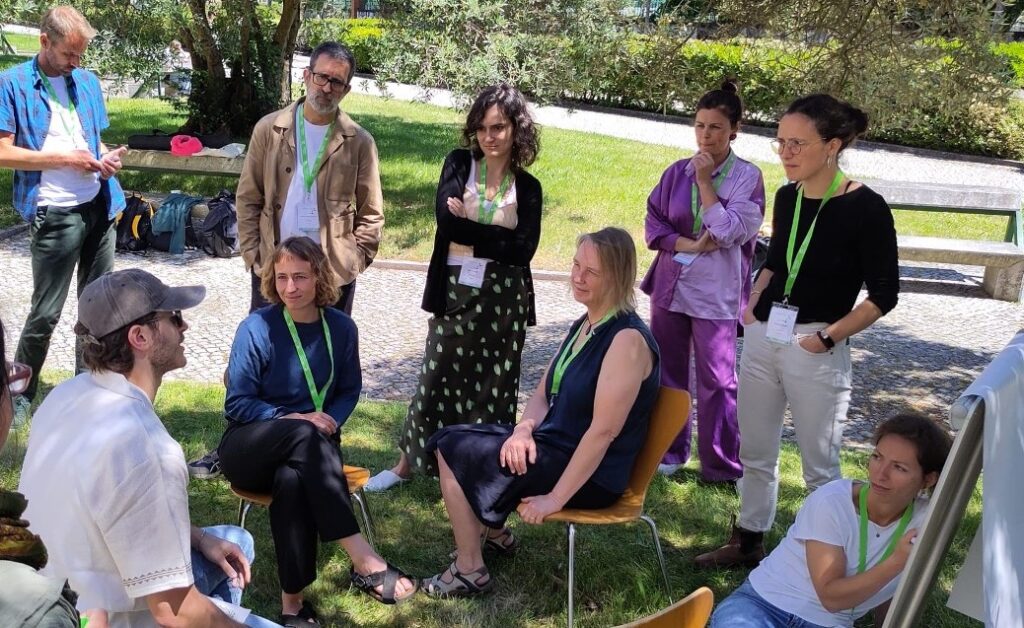The Countryside and Community Research Institute (CCRI) at University of Gloucestershire is a member of a groundbreaking consortium awarded a £6.5 million grant by the Government to look at how changes to land use will help achieve net zero in the UK by 2050.
The CCRI is among 34 leading research and stakeholder organisations brought together in the first consortium of its kind to enable the four UK administrations, in England, Scotland, Wales and Northern Ireland, to address land use and agriculture as a major greenhouse gas emitting sector.
The Land Use for Net Zero (LUNZ) Hub will provide the administrations with evidence around land use, from renewable energy to soil carbon and green finance, to help drive the land transformations needed to achieve net zero greenhouse gas emissions by 2050.
The declaration recently announced at COP28 on sustainable agriculture, resilient food systems and climate action, states the UK Government’s intent to act on land use and climate change by increasing public financial support and scaling science-based solutions.
Achieving the transformational change in land management needed will depend on access to world-class research and innovation and a novel approach to collaboration across a variety of critical stakeholders.

Professor Julie Ingram from the CCRI, who will lead the Topic Expert Group on Enabling Transitions to Net Zero, said: “We are delighted to contribute to the activities of the Land Use for Net Zero Hub.
“We look forward to drawing on our expertise to provide insights into how land use managers and decision makers can be enabled and supported to bring about positive and equitable change.”
The LUNZ Hub is part of the overall ‘Transforming land use for net zero, nature and people (LUNZ)’ Programme which aims to mobilise and support research that works in partnership with all the administrations of the UK, and industry, to tackle net zero through action in the UK land sector. The Hub was launched in January and continues until 2027.
Alongside the Hub, the LUNZ programme will fund research that feeds directly into policy and decision-making in three interlinked themes: soil health, agricultural systems and land use change.
The Hub, which is co-led led by the James Hutton Institute and the University of Leicester, is co-funded by UKRI, the Department for the Environment, Food and Rural Affairs (on behalf of England and Wales), the Department for Energy Security and Net Zero, the Department for Science, Innovation and Technology, and the Scottish Government. It has been co-designed with Defra and the Welsh and Scottish Governments.
The ‘net zero target’ refers to a UK Government commitment to ensure the UK reduces its greenhouse gas emissions by 100% from 1990 levels by 2050. If met, this would mean the amount of greenhouse gas emissions produced by the UK would be equal to or less than the emissions removed by the UK from the environment.




